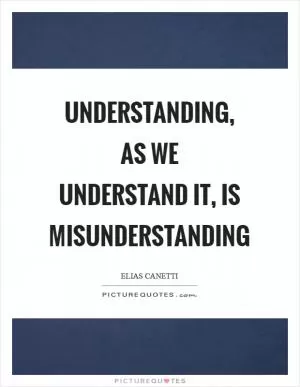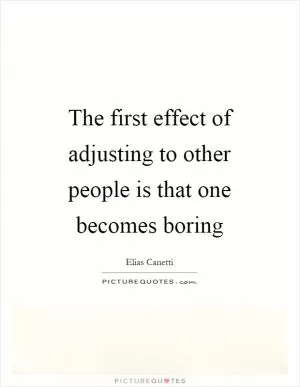All the things one has forgotten scream for help in dreams

All the things one has forgotten scream for help in dreams
Elias Canetti, the renowned Bulgarian-born writer and Nobel laureate, was known for his profound insights into the human psyche and the complexities of human relationships. One of his most famous quotes, "All the things one has forgotten scream for help in dreams," encapsulates the idea that our subconscious mind holds onto memories and experiences that we may have consciously forgotten, but which continue to influence our thoughts, emotions, and behaviors.Canetti believed that dreams were a window into the unconscious mind, where repressed memories and unresolved conflicts resurface in symbolic form. In his view, dreams serve as a means of processing and integrating past experiences, allowing us to make sense of our innermost thoughts and feelings. By paying attention to our dreams, Canetti argued, we can gain valuable insights into our deepest fears, desires, and motivations.
The notion that forgotten memories "scream for help" in dreams suggests that these buried experiences are seeking to be acknowledged and addressed. Canetti believed that by confronting these hidden aspects of ourselves, we can achieve a greater sense of self-awareness and emotional healing. In his writings, Canetti explored the ways in which dreams can serve as a catalyst for personal growth and transformation, helping individuals to confront their inner demons and overcome psychological barriers.
Canetti's emphasis on the importance of dreams aligns with the teachings of psychoanalysis, particularly the work of Sigmund Freud and Carl Jung. Like these pioneering psychologists, Canetti believed that dreams provide valuable insights into the unconscious mind, revealing hidden truths about our innermost selves. By exploring the symbolism and imagery of our dreams, Canetti argued, we can uncover the deeper meanings behind our thoughts and behaviors, leading to a greater sense of self-understanding and emotional well-being.












 Friendship Quotes
Friendship Quotes Love Quotes
Love Quotes Life Quotes
Life Quotes Funny Quotes
Funny Quotes Motivational Quotes
Motivational Quotes Inspirational Quotes
Inspirational Quotes